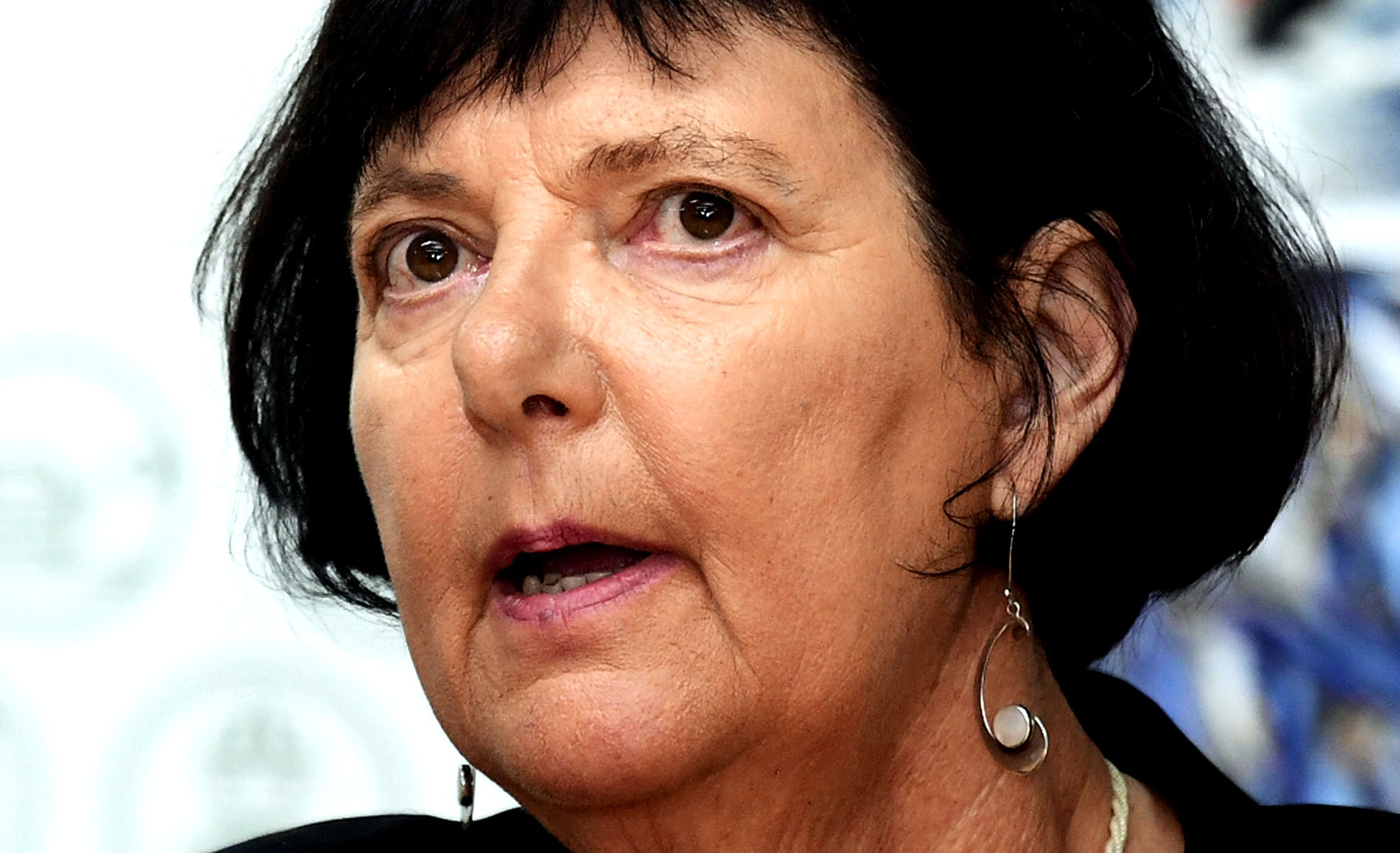The Department of Transport’s request for information (RFI), which closed on 30 May after an extension due to “overwhelming interest”, received 162 formal responses across three critical freight corridors. The RFI portal alone registered 11,600 visits, signalling a big private sector appetite for participation in South Africa’s struggling rail and port infrastructure.
Judging by the response breakdown, there’s strong interest across all key economic corridors: 51 responses for the iron ore and manganese corridor stretching from the Northern Cape to Saldanha and Nelson Mandela Bay, 48 responses for the coal and chrome corridor linking Limpopo and Mpumalanga to Richards Bay, and 63 responses for the container and automotive intermodal corridor connecting Gauteng to Durban, the Eastern Cape and Western Cape.
Read more: Barbara Creecy opens door to private sector as logistics crisis deepens
Creecy, who launched the RFI in March, has been clear about the government’s intentions: attract private investment and expertise to bring South Africa’s logistics infrastructure to world-class standards while maintaining public ownership of strategic assets.
Public ownership with private custodians
“Strategic infrastructure such as rail lines and ports will remain in public ownership, as assets belonging to South African people,” she said, establishing this principle as foundational to the reform process.
The minister’s approach acknowledges the reality facing state-owned logistics giant Transnet — limited state resources and massive infrastructure backlogs have severely hampered the entity’s ability to fulfil its mandate. The solution, according to Creecy’s vision, lies in leveraging private capital and expertise while preserving state control over core infrastructure assets.
Five pillars of reform
- The private sector participation process will be guided by five key principles that reflect broader national objectives.
- Reforming Transnet in accordance with the Cabinet-approved roadmap for freight logistics. This includes the unbundling of Transnet, separating the infrastructure manager from operations, to introduce open access to the freight rail network.
- Ensuring a just transition with maximum job retention. This highlights the department’s commitment to mitigating potential negative impacts on employment during the reform process.
- Safeguarding state ownership of immovable assets. As mentioned, rail lines and ports will remain in public ownership.
- Promoting localisation and industrialisation. This aims to develop economic benefits and growth through the private sector participation projects.
- Supporting Broad-Based Black Economic Empowerment and gender equality. This underscores the commitment to inclusive economic development and transformation within the sector.
Under Creecy’s leadership, the department has moved swiftly to realise this vision, establishing an interim Private Sector Participation Unit and finalising an agreement with the Development Bank of Southern Africa to host a permanent unit for managing the process.
Timeline for transformation
The RFI was, of course, just the opening phase gambit of reform. Requests for proposals (RFPs) for freight rail and port projects are expected by August, with the minister projecting 18 to 24 months to reach financial close on these RFPs.
The endgame reform agenda is about more than freight logistics. A second RFI batch focusing on passenger rail initiatives will be released in July, covering operational areas including signalling, depots, rolling stock and high-speed rail corridors. The Passenger Rail Agency of South Africa (Prasa) is expected to issue RFPs in October.
Creecy has also outlined immediate intervention measures. Independent technical assessments have been completed for the export coal rail network and iron ore corridor, with various funding sources available for immediate rehabilitation efforts, including Transnet’s current budget, the National Treasury’s budget facility for infrastructure, and private investment through existing customer agreements.
A great privatisation?
New regulations now allow collaborations between Transnet and private sector operators for short-term interventions to repair and upgrade infrastructure, a convenient bridge while longer-term private sector participation arrangements are finalised.
The strong response to the RFI shows significant private sector confidence in South Africa’s logistics potential, despite years of operational challenges at Transnet that have constrained economic growth.
With all submitted information being treated with strict confidentiality and used exclusively to inform PSP project development, the stage appears set for a fundamental transformation of SA’s logistics landscape. DM





